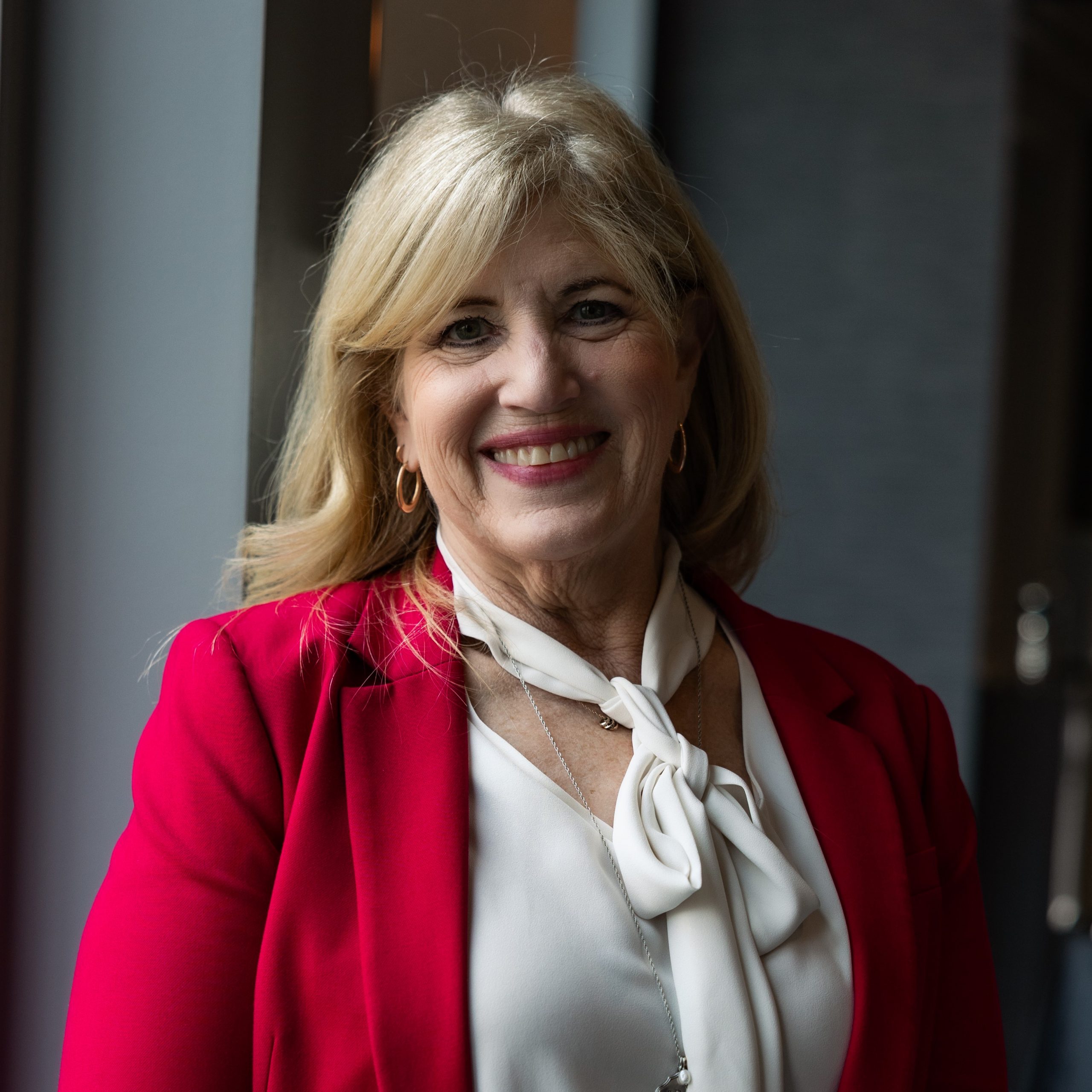Sheri Rosenblum

Sheri Rosenblum, speaker at THC Summer Institute, June 2023
| Sheri Rosenblum, MA, is the Director of Development and Outreach for the Jewish Partisan Educational Foundation. She holds a BA and an MA in Judaic Studies from UCLA and Brandeis University. Sheri studied for two years under the renowned Dr. Amos Funkenstein (z'' l), winner of the coveted Israel Prize for History. She wrote her undergraduate thesis, Moral Dilemmas of the Judenrat, under the direction of Dr. Arnold Band, the A. Savitt Fellow at the United States Holocaust Museum.
In her role at JPEF, she trains educators worldwide on how to use JPEF’s innovative RESIST materials in the classroom. Working with JPEF’s partners, she has trained thousands of educators from Seattle, Washington, to Sardinia, Italy. An expert on the Jewish partisans, she lectures extensively on the subject, has appeared in NPR interviews, and provided resources for the BBC and Amazon podcasts. |
Critical Thinking Questions:
- Ms. Rosenblum explains that “Jews fought back in any way they possibly could.” Identify the different ways in which Jews “fought back” against the Nazis during the Holocaust. What were the punishments Jews faced if they were caught resisting the Nazis?
- Ms. Rosenblum describes partisan activity throughout her interview. What is a partisan? In what ways were Jewish partisans different than other partisans? The same?
- Ms. Rosenblum gives Jewish partisan leader, Abba Kovner’s famous quote, “We will not be led like sheep to the slaughter.” What does he mean by this? Why is this surprising? What did he call upon his Jewish colleagues to do?
Writing Prompts:
- Write a short essay in which you explain the following: Ms. Rosenblum states that children, teenagers, and young adults all served vital roles in the Jewish resistance. In what different capacities did these groups serve? What were the roles of Jewish children in the resistance? Teenagers? Young adults? And how did they resist in confrontational and non-confrontational ways?
- Write a short essay in which you explore the following: Ms. Rosenblum gives many examples of young men and young women who served as Jewish partisans. What roles and tasks did each carry out? In what ways did men and women fulfill similar roles? How were they different?
